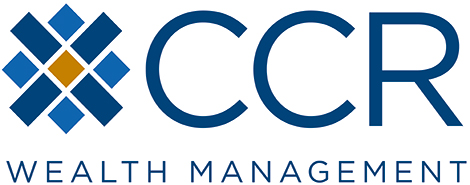November 2010 Market Outlook
As we approach the end of another calendar year, we reflect not just on the events and developments of 2010, but on the decade that this month concludes. We think it’s an opportune moment to deliberately step back from the trees, and to view the forest. Doing so, in some ways, offers a mental respite from what has seemingly been a fast-paced cacophony of micro-financial, economic and political shrapnel for the last thirty months or so. Stepping back also allows us to check our direction, and re-assess our expectations of the terrain ahead.
This decade was ushered in during a period of historic US economic growth. The optimism we felt ten years ago, in 2000, was driven of course by the explosion in technological advancement and productivity of the previous decade, and was given a name; the “New Paradigm”. Crude oil ten years ago averaged $27 per barrel; unemployment was under 4%; 401(k)s and investment accounts were fat, and the American consumer was snapping up every new electronic gadget, laptop and SUV that hit the market.
Two recessions later, with unemployment roughly 3 times the average of 2000 and an economy stuck in the mud, we think it is important to understand that the biggest long-term challenge for today’s investors has to do with “de-leveraging”, and how to calibrate domestic and global economic expectations as a result. Again—here it is easy to miss the bigger picture (the forest) due to incessant media coverage of micro-financial and economic details (the trees). The US consumer is often referred to as the backbone of the economy, accounting for some 2/3 of our economic output. But this growth output from the consumer has increasingly been generated through the use of steadily escalating levels of debt—not just for the last 10 years, but for the last 30 years! Since the first magnetic strip was attached to a credit card in the 1970’s, consumers and financiers have found ever more ways to purchase goods and services, thereby financing a standard of living that has funded the economy of not just America—but of most of the developed world!
Bond guru Bill Gross used the term “New Normal” over a year ago to describe the current-era investment environment. We would have our clients adopt and adapt this term to current-era economic conditions across the developed economies of the world, as we think the “de-leveraging” process is not something that will take a couple of years—but possibly a decade or more. Many today claim that “banks just aren’t lending”—or they are aghast at the process of getting a mortgage or refinancing a home. This, to us, is the New Normal—which is to say, it’s really the “old normal”, as easy credit is likely gone for a prolonged period of time.
In contrast to this prolonged economic contraction in the West, we again suggest to our clients they focus attention in the decade ahead on where the organic economic growth actually is, looking to the (far) East, and to the South.
